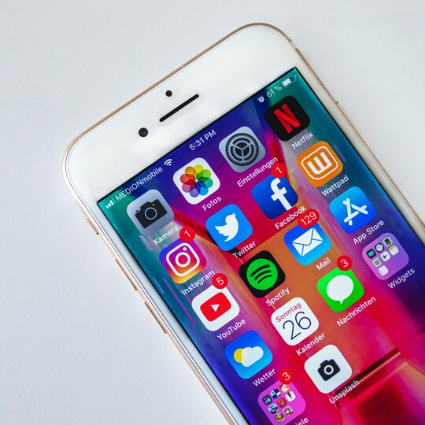Brain Blast | The Mind-Body Connection
The latest news on the brain and beyond.
We may have fallen for a few April 1st pranks, but we're no fools! Over the last month, we've been busy finding all the latest developments in the world of neuroscience to share with you. Read our favorite stories, studies, and more here!
Access granted: Bringing social media to more
Researchers at the University of Valladolid are using EEG technology to make social media more accessible for individuals with physical disabilities. This research team created a computer system which can use an individual’s EEG signals to interpret and complete their desired action on social media.
Story via Business Insider
Magic eraser: Learning to forget memories
By measuring their brain activity, researchers found that subjects who engaged with their memories at a moderate level were the most successful at forgetting them. They hope to use neurofeedback to help individuals dull traumatic memories by encouraging them to enter a moderately engaged brain state.
Story via New York Times
Sixth sense: Magnetoreception in humans
The human brain may be able to sense changes in the Earth’s magnetic field. In a recent study, the magnetic field in a sealed room was adjusted to mirror that of the Earth. When this occurred, many study participants had a spike in brain activity not seen when other types of magnetic fields were introduced.
Story via Caltech
Heartbreaker: The brain’s effect on the body
Following extreme stress or trauma, some individuals experience a sudden swelling and weakening of their heart, a condition aptly named “broken-heart syndrome”. Sufferers have been found to have an underactive parasympathetic nervous system, which is meant to calm the body following stressful events.
Story via New York Times
Mind games: Sports + children's brains
After comparing the brain scans of children aged 9 to 11, investigators concluded that those who were involved in sports had a greater volume in their hippocampus. Interestingly, while this was associated with reduced depression in young boys, this association was not applicable in young girls.
Story via Washington University in St. Louis
More ways to learn with Versus
As a team of scientists and researchers, we’re passionate about learning from and growing with the Versus community. Sign up for the Versus Mailing List today to make sure you never miss out on exclusive updates and offers.







